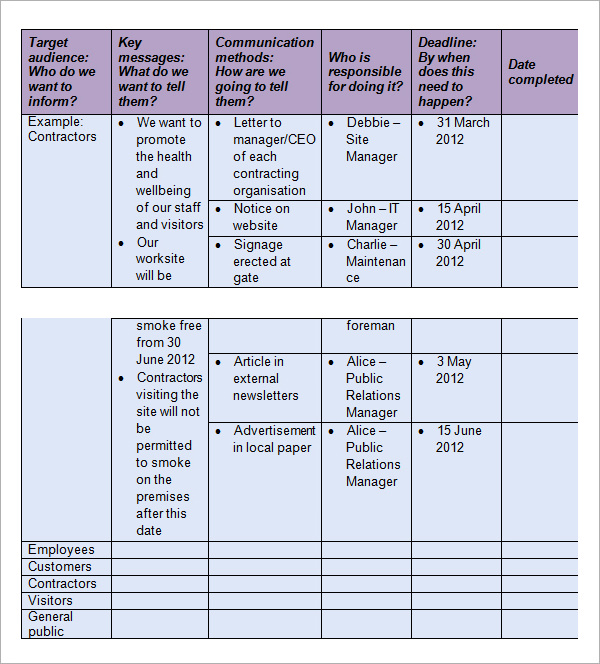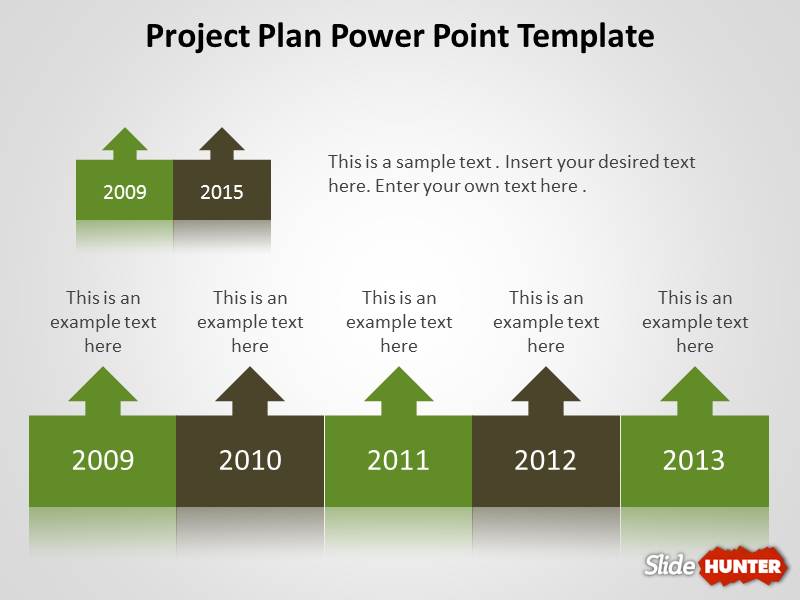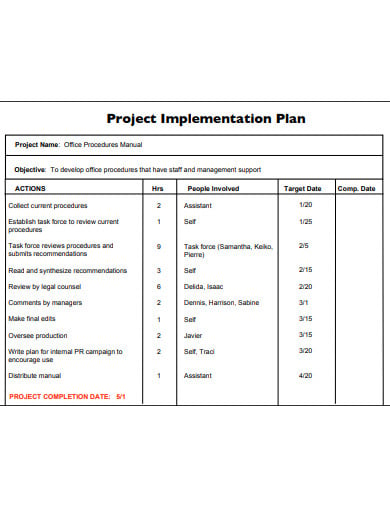

Ask colleagues what they liked using in the past. With your needs defined, now it’s time to see what options are available. Research the best project management tools Mark each feature as high, medium, or low priority to know quickly if a potential tool is going to work. You can also use this list as a starting point to define what features you do want in a project management tool. When you are looking at all options for a project management tool, you need to ask: does it solve these problems? If the answer is no, remove the tool from your list to prevent you from getting distracted by flashy demos, pretty UI, or powerful features you’ll never use. Inability to make sense of customer feedback. Disorganized projects and missed deadlines. Lack of communication between departments. It’s important to write these pain points in a list you can refer to later. The first step to finding a project management tool is identifying the current problems in the way your team works. Research the best project management tools. Define your project management tool needs. Are you ready to get organized? We will walk you through the following 9 steps: Satisfying both of those requirements is easier said than done, so we’ve outlined 9 key steps to make sure your team finds the best project management tool for your needs. Second, the tool should be something your entire team is willing to use. When comparing tools, remember that an effective project management tool should satisfy two main requirements: First, it should have all the features that a project manager needs. 
Too often, team leaders buy a project management tool only to find in a few months they’re the only one using it.

With thousands of tools on the market, it can be daunting finding the best project management tool for your team. Did you know that 77 percent of high performing projects use a project management tool? Or that $122M was wasted due to poor project planning? These things can all be avoided with the right project management tool. On top of that, there are statistics to support the importance of a project management tool. Project management tools also allow teams to communicate clearly and quickly with comments, chat, and more. Second, they provide a clear overview of all activity happening in relation to a campaign, project, or task at any given time. First, they help keep the team organized and ensure that processes are followed.

Project management tools are critical for organizations for a variety of reasons. Why are project management tools important? That’s why most project management tools have document sharing capabilities.
Document sharing – To complete tasks and project successfully, you need to be able to share and work together on materials and resources. Collaboration – All project management tools have collaboration functionalities in some way, whether that is collaborating on individual tasks, chatting, or sharing documents back and forth. Parent and child projects – These tasks need to be assigned to specific projects, so most project management tools have both parent projects (a big projects that smaller projects fall under), and child projects (the smaller project that falls under the parent). Task tracking and assigning – Most, if not all, project management tools have the ability to assign and track tasks across their lifecycle. Project management tools range in capabilities, but most have a few things in common. #Free online project planner software#
What are project management tools?Īt it’s most basic, a project management tool is software that help teams plan, manage, and optimize resources across an organization. Additionally, organizations that invest in project management tools waste 28x less money than organizations that do not. In case you need more convincing to try a project planning tool, an estimated 77% of high-performing teams using project management tools. When you start to think about planning, it’s critical that you consider choosing the best project management tool for your team. With a range of features including flexible project views like Gantt, table, and portfolio view, as well as analytics, project tracking and resourcing, project management tools are critical for many businesses workflows. They create a transparent record so everyone knows who is doing what and when. A good project management tool makes planning, executing, and monitoring project progress a total breeze.








 0 kommentar(er)
0 kommentar(er)
